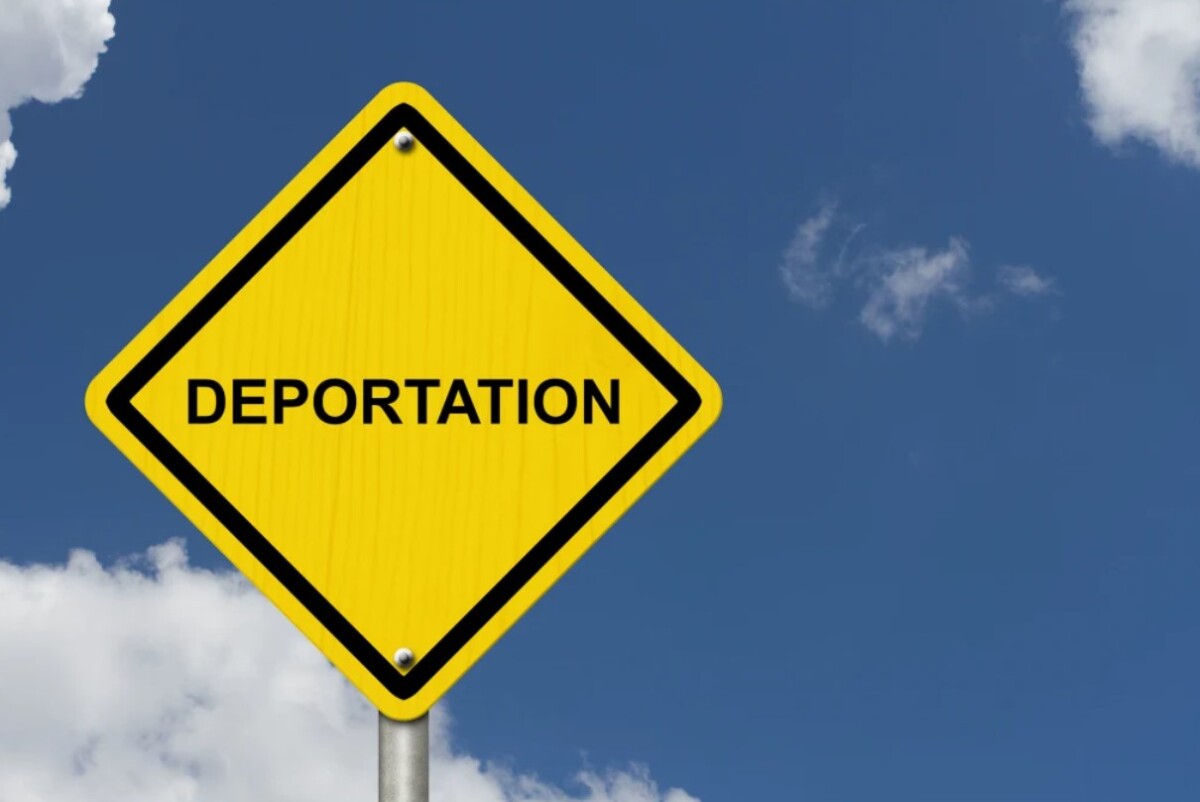


Over the past few years, New Zealand has seen substantial changes in its deportation rates within the constantly changing immigration scene. Let's quickly examine the annual summary of deportation statistics, illuminating the stats and the real-life narratives accompanying them.
New Zealand's deportation statistics provide a dynamic story. Midway through 2022, the nation saw an 80% decrease in deportations from 2017–18 data, largely because of the difficulties caused by border closures connected to COVID-19. During this time, the emphasis moved to helping people in New Zealand illegally return home and deport criminals.
Nevertheless, the figures improved from the fiscal year to the middle of 2023, with 212 deportations reported—up from 128 the year before. A total of 5511 people have departed the nation in the last five years, either via voluntary departure before receiving notice of unlawful presence, self-deportation following notice, or deportation.
Behind these numbers lie individual narratives that often encapsulate complex and heart-wrenching circumstances. Consider the 41-year-old Vietnamese woman who successfully fought to prevent her deportation. Her petition to stay in the country was mostly motivated by her fear of threat from her disgruntled family and the possible emotional toll on her New Zealand citizen children.
Deportation liability notices come before orders in the laborious process of deportation procedures. The Immigration and Protection Tribunal hears appeals against these notices and considers a wide range of cases.
In one case, a 48-year-old resident of Kiribati was in danger of deportation due to major criminal convictions, including rape, regardless of his residency status. His humanitarian petition was denied, demonstrating the difficult choices that must be made in these situations.
The COVID-19 epidemic had a major impact on New Zealand's deportation patterns. Deportations decreased between 2020 and 2022 as a result of border restrictions, which shifted attention to urgent cases and made it easier for those who had left the country voluntarily to return.
The issues raised by border restrictions were highlighted by Immigration New Zealand, which added to the statistical variations over this period.
The stories about deportation are as varied as people's experiences. Rupert Ward, a Christchurch lawyer focusing on immigration and deportation, draws attention to the inadvertent errors that can have grave repercussions.
Even while law enforcement officials work hard to enforce the law, there are situations in which people who are set to be deported struggle with various regulations, which begs the issue of how consistently they have been doing this.
New Zealand's strategy has always demonstrated a strong commitment to family unity through dependent and partner visas. It has also prioritised efforts to prevent division. Even after being deported, people may be able to reapply from abroad, providing an opportunity for forgiveness.
A sophisticated perspective that integrates statistical patterns with the individual narratives influencing the country's immigration environment is necessary to comprehend New Zealand's annual deportation summary.
Deportation numbers increased to 212 in the most recent fiscal year up till mid-2023, up from 128 in the year prior. The gradual relaxation of COVID-19 limits, which made it possible for more frequent immigration enforcement actions, may be the cause of this recovery.
Not always. Individuals deported from New Zealand may not be permanently barred from reapplying. However the procedure calls for fulfilling certain requirements, and every case is evaluated separately.